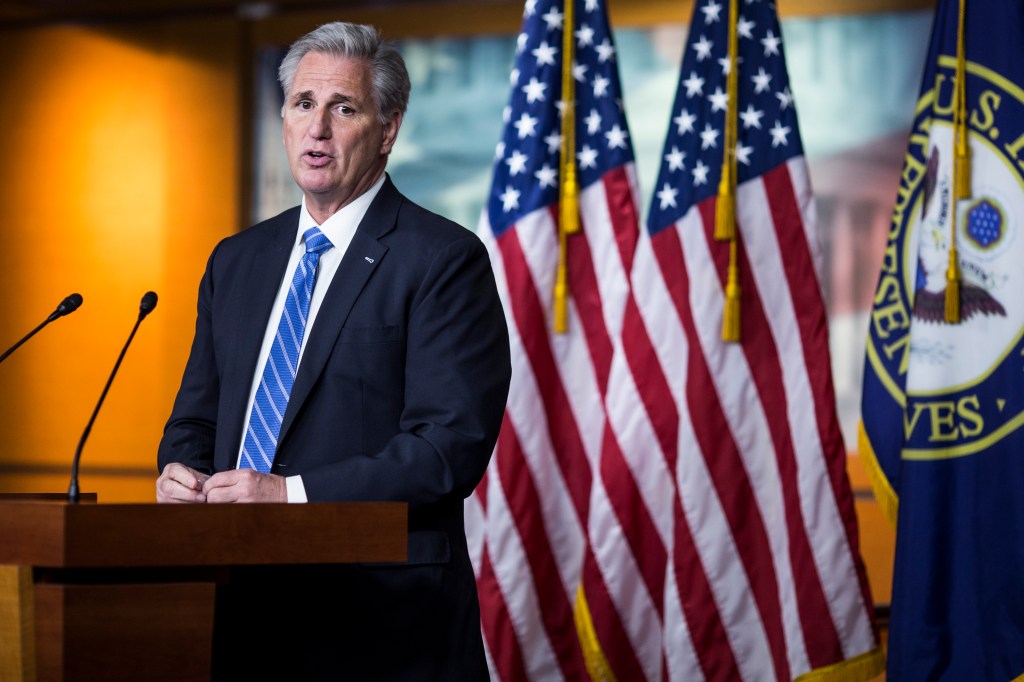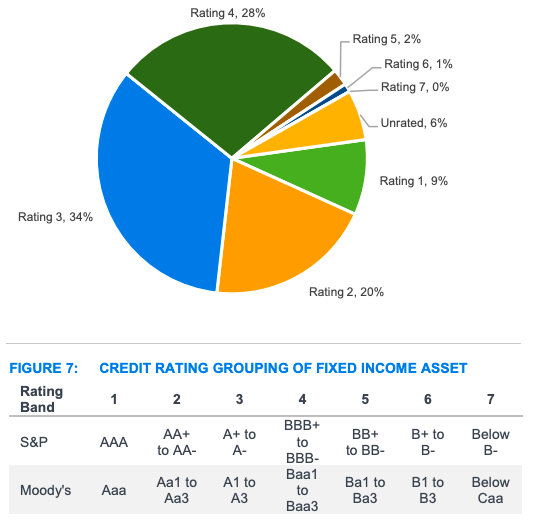UK Tightens Visa Rules For Pakistani Students: Rise In Asylum Claims Predicted

Table of Contents
New Visa Restrictions for Pakistani Students
The UK's new approach to processing applications for UK Pakistani student visas involves significantly stricter criteria and a more rigorous application process. This stricter approach is designed to ensure only genuine students are granted entry.
Increased Scrutiny of Application Processes
The changes implemented affect almost every aspect of the visa application process for Pakistani students. The UK Visas and Immigration (UKVI) department has significantly increased its scrutiny, making it more challenging for applicants to meet the requirements.
- Requirement for additional bank statements showing proof of funds: Applicants now need to provide more comprehensive financial documentation, demonstrating sufficient funds to cover tuition fees and living expenses for the entire duration of their studies. This includes detailed bank statements, potentially spanning several months, and clear evidence of the source of funds.
- Increased emphasis on the applicant's ties to Pakistan: The UKVI is placing greater importance on demonstrating strong ties to Pakistan, making it harder for applicants perceived as having a higher risk of remaining in the UK after completing their studies. This includes evidence of property ownership, family ties, and employment prospects in Pakistan.
- More rigorous interview processes: Applicants are facing more frequent and more in-depth interviews, designed to assess their genuine intentions and verify the information provided in their applications. This increased scrutiny extends to close family members who may be accompanying the student.
Higher Rejection Rates
The combined effect of these stricter requirements is a predicted substantial increase in the rejection rate for Pakistani student visa applications. This is anticipated due to several factors:
- Increased difficulty in meeting the stricter financial requirements: The more stringent financial requirements disproportionately affect applicants from lower and middle-income families in Pakistan, who may struggle to meet the increased documentation demands.
- Concerns about genuine intention to study rather than remain in the UK: The increased emphasis on ties to Pakistan reflects a concern within the UKVI about individuals using student visas as a pathway to immigration. This stricter interpretation of the rules leads to higher rejection rates.
- Potential for increased bureaucratic delays: The heightened scrutiny increases processing times, leading to longer waiting periods and increased uncertainty for applicants. This delay can also affect university enrollment deadlines.
The Predicted Rise in Asylum Claims
The tightening of visa regulations for Pakistani students is expected to lead to a notable increase in asylum applications from rejected applicants.
Reasons for Increased Asylum Applications
Many students facing visa rejection may see asylum as their only remaining option, driven by a range of factors:
- Fear of returning to an unstable political climate in Pakistan: Concerns about political instability, violence, or persecution in specific regions of Pakistan may make return difficult or dangerous for some rejected students.
- Concerns about personal safety or persecution: Individual circumstances, such as religious beliefs, political affiliations, or ethnic background, might put rejected students at risk upon their return to Pakistan.
- Lack of viable options upon visa rejection: With limited alternative pathways to remain in the UK or return to Pakistan, seeking asylum might seem like the only recourse for some students.
Strain on UK Asylum System
The predicted increase in asylum applications from Pakistani students will place a significant strain on the already burdened UK asylum system:
- Increased waiting times for asylum seekers: A surge in applications will inevitably lead to extended processing times, potentially leaving asylum seekers in a state of limbo for considerable periods.
- Strain on resources within the Home Office: The increased workload will demand additional resources from the Home Office, impacting its capacity to effectively process all asylum applications.
- Potential for criticism of UK immigration policy from human rights organizations: A significant rise in asylum applications following stricter student visa rules could draw criticism from human rights organizations and international bodies concerned about the potential for unfair or discriminatory practices.
Long-Term Implications for UK-Pakistan Relations
The changes to UK Pakistani student visas have far-reaching consequences impacting the bilateral relationship between the UK and Pakistan.
Damage to Educational Exchange
The stricter visa rules risk severely damaging the valuable educational and cultural exchange between the two nations:
- Decrease in the number of Pakistani students studying in the UK: The stricter requirements and higher rejection rates will discourage many prospective students from applying to UK universities, leading to a decline in the number of Pakistani students.
- Damage to the reputation of UK universities: A perception of unfair or discriminatory practices in the visa application process could negatively impact the reputation of UK universities among Pakistani students and institutions.
- Reduced opportunities for collaboration between academic institutions: Fewer Pakistani students in UK universities will hinder collaboration and knowledge sharing between the two countries' academic communities.
Political Fallout
The tightened visa rules have the potential to cause significant political repercussions:
- Increased diplomatic tensions between the two countries: The Pakistani government might express strong disapproval of the stricter rules, potentially leading to heightened diplomatic tensions.
- Criticism from the Pakistani government: The Pakistani government might publicly criticize the UK's immigration policy, impacting the overall relationship between the two nations.
- Potential impact on other areas of bilateral cooperation: The strained relations stemming from the visa issue could negatively affect cooperation in other areas, such as trade and security.
Conclusion
The tightening of UK visa rules for Pakistani students, while aiming to control immigration, is likely to lead to unintended consequences, such as a surge in asylum applications and a potential strain on UK resources. The long-term impact on UK-Pakistan relations and educational exchange remains a significant concern. Understanding the complexities of this situation requires careful consideration of the factors affecting both students and the UK immigration system. For further information on the changing landscape of UK Pakistani student visas, continue to monitor developments from reputable news sources and government websites. Staying informed is crucial for both prospective students and those concerned about UK immigration policy.

Featured Posts
-
 Indian Insurers Lobby For Less Stringent Bond Forward Rules
May 09, 2025
Indian Insurers Lobby For Less Stringent Bond Forward Rules
May 09, 2025 -
 Bitcoin Price Surge Is This A Long Term Rebound
May 09, 2025
Bitcoin Price Surge Is This A Long Term Rebound
May 09, 2025 -
 West Hams 25m Financial Gap How Will They Plug It
May 09, 2025
West Hams 25m Financial Gap How Will They Plug It
May 09, 2025 -
 Us Uk Trade Deal Trumps Announcement And Its Implications For Businesses
May 09, 2025
Us Uk Trade Deal Trumps Announcement And Its Implications For Businesses
May 09, 2025 -
 Chinas Canola Imports Beyond Canada New Partnerships And Sources
May 09, 2025
Chinas Canola Imports Beyond Canada New Partnerships And Sources
May 09, 2025
Latest Posts
-
 Chief Justice Robertss Account Mistaken For Former Gop House Leader
May 10, 2025
Chief Justice Robertss Account Mistaken For Former Gop House Leader
May 10, 2025 -
 150 Million Settlement For Credit Suisse Whistleblowers
May 10, 2025
150 Million Settlement For Credit Suisse Whistleblowers
May 10, 2025 -
 Indian Insurers Plea For Streamlined Bond Forward Rules
May 10, 2025
Indian Insurers Plea For Streamlined Bond Forward Rules
May 10, 2025 -
 Regulatory Changes Urged Indian Insurers And Bond Forward Trading
May 10, 2025
Regulatory Changes Urged Indian Insurers And Bond Forward Trading
May 10, 2025 -
 New Rules Sought Indian Insurers Target Bond Forward Market
May 10, 2025
New Rules Sought Indian Insurers Target Bond Forward Market
May 10, 2025
